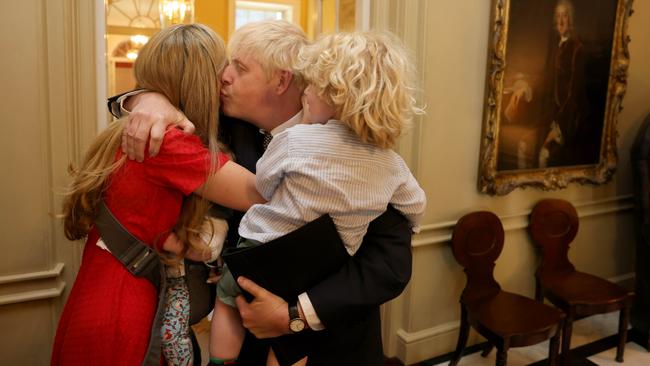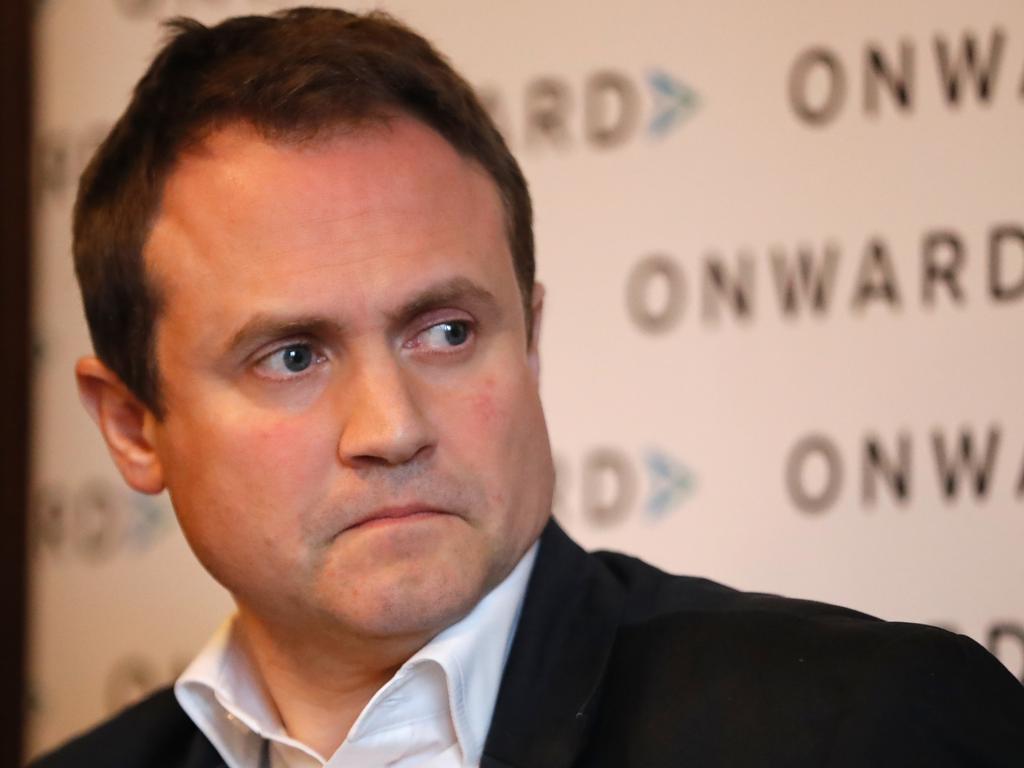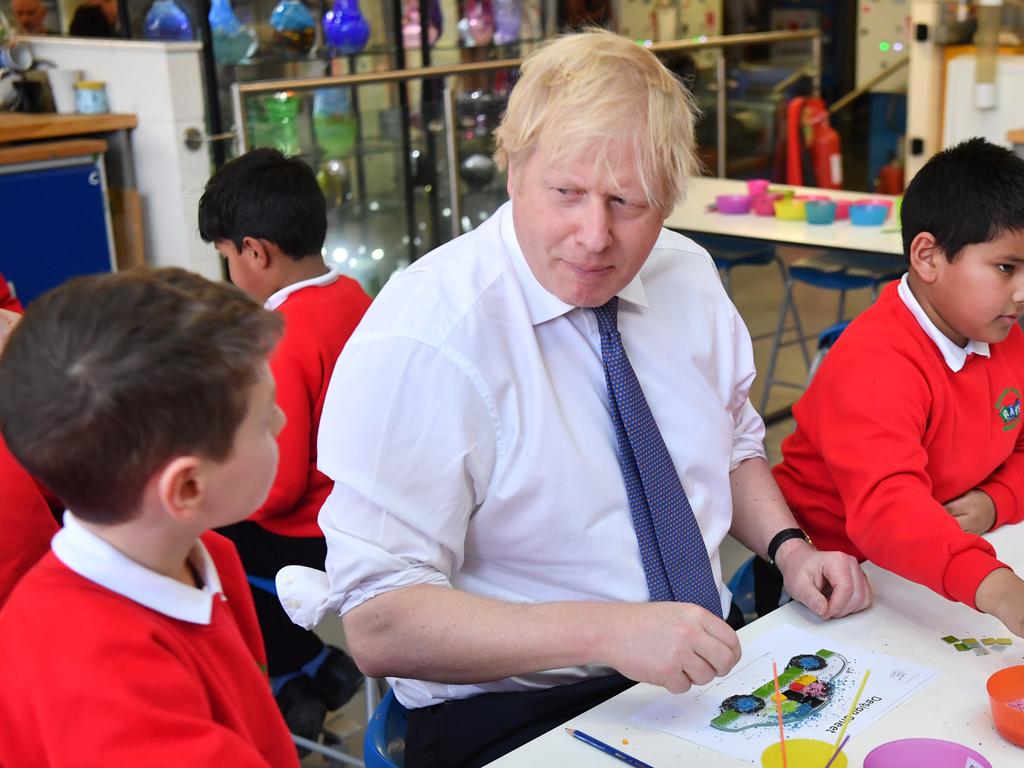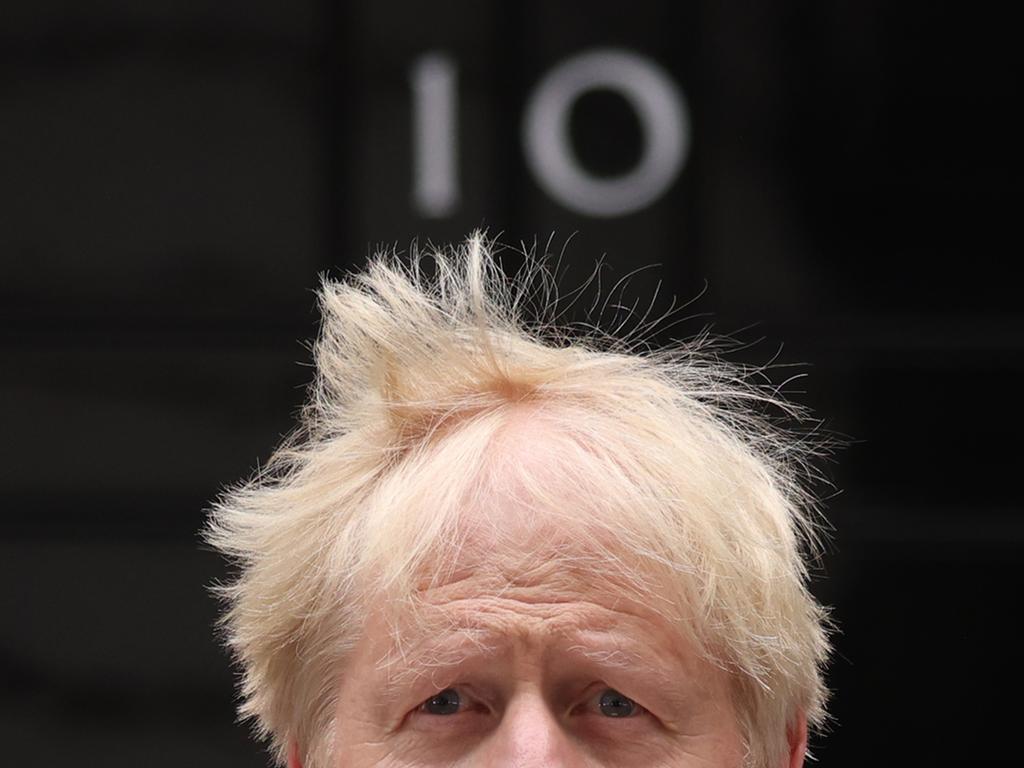Tories defy John Major with plan to keep Boris Johnson as PM till September
Theresa May effectively accuses her successor of endangering democracy itself by failing to adhere to the rules.

Conservative MPs want Boris Johnson’s successor in place by the start of September, despite a call by John Major for the prime minister to be removed now.
The former Tory prime minister said it was “unwise” and “unsustainable” for Mr Johnson to remain while his replacement was chosen, even though that is the tradition that was followed by his two predecessors, Theresa May and David Cameron.
Mr Johnson announced his resignation on Thursday night after he lost the support of the vast majority of his party and ministry, with at least 60 frontbenchers quitting. However, he vowed to stay until the leadership is determined in the next three months.
Tory MPs had been furious at the repeated lies and scandals that have engulfed the government – from the sleazy behaviour of deputy chief whip Christopher Pincher to the Downing Street Partygate drinking scandal during the national Covid-19 lockdown.
Though Sir John, 79, issued his warning in a letter to Graham Brady, chairman of the 1922 Committee of Tory backbenchers, Sir Graham and the members of his executive do not believe they have the power to force Mr Johnson to leave office immediately.
A new executive of 18 MPs will be elected on Monday. They will then decide the timetable for the leadership election.
“Boris can’t come back to the dispatch box after the summer recess. That has to be the deadline,” a senior MP said.
In his letter to Sir Graham, Sir John, who was prime minister from 1990 to 1997, wrote: “The prime minister maintains the power of patronage and, of even greater concern, the power to make decisions which will affect the lives of those within all four nations of the United Kingdom and further afield.
“Some will argue that his new cabinet will restrain him. I merely note that his previous cabinet did not – or could not – do so.
“For the overall wellbeing of the country, Mr Johnson should not remain in Downing Street – when he is unable to command the confidence of the Commons – for any longer than necessary to effect the smooth transition of government.”
Sir John proposed two alternatives. The first was that Mr Johnson be replaced by Deputy Prime Minister Dominic Raab as “acting prime minister” until a new leader is elected.
“Alternatively,” he wrote, “in the unique and pressing circumstances of the moment, the 1922 Committee should arrange for the new leader of the party to be elected solely by MPs, with the winner being installed as prime minister, and then endorsed by party members.
“Neither of these options is ideal, but the interests of the country must be given priority over all else.”
Some members of the 1922 Committee reacted angrily to Sir John’s intervention. “The man who wanted to overturn the result of the EU referendum decides to give us a lecture on how democracy works,” one said. “He’s got some nerve.”
Meanwhile, Theresa May effectively accused Mr Johnson of endangering democracy itself by failing to adhere to the rules as she lamented the declining trust of voters in politicians.
The former prime minister used cricketing analogies to invoke Geoffrey Howe, the former chancellor who brought down the government of Margaret Thatcher. In 1990, Howe accused his long-time friend of sending her batsmen to the crease with broken bats in an address to the House of Commons widely seen as the moment that ended Thatcher’s premiership.
In a speech delivered to the Institute for Government, a think tank, moments before Mr Johnson resigned, Mrs May also used the analogy of cricket to accuse rule-breaking politicians of causing “injury to the standing of our democracy”. “Law 41: the captains are responsible for ensuring play is conducted within the spirit of cricket as well as within the laws,” she said.
In her speech, which was delivered in memory of James Brokenshire, the former housing secretary who died of lung cancer at the age of 53 last year, she said the government had endured an “unhappy period” ever since Johnson’s “ill-judged and wrong” decision to attempt to rig the parliamentary rules to spare Owen Paterson a suspension for paid lobbying.
A majority of Britons, or 56 per cent, also want a caretaker prime minister while a successor is elected, pollsters YouGov said. The figure includes 37 per cent of people who voted Conservative at the last general election in 2019.
Even while eyeing the exit, Mr Johnson sought to steady the ship, making several appointments to replace departed cabinet members. They included Greg Clark, an arch “remainer” opposed to Britain’s divorce from the EU, which Mr Johnson had championed. The former backbencher replaces Michael Gove, the levelling up secretary and fervent Brexiteer sacked by Mr Johnson on Wednesday night after he made public that he had told the prime minister to quit.
The inexperienced Shailesh Vara was put in charge of Northern Ireland, with the government locked in battle with Brussels over post-Brexit trading rules for the tense territory.
The Times







To join the conversation, please log in. Don't have an account? Register
Join the conversation, you are commenting as Logout